
Woman Asks Husband of 30 Years for Divorce Even Though He'd Done Nothing
It’s strange how two people can live the same life side by side, yet perceive it so differently. My husband, Nathan, believed we had a stable, happy marriage. From his point of view, we were a successful couple—three grown kids, no financial troubles, a comfortable home. But I lived in that same marriage feeling emotionally starved and quietly eroding for years.
On our thirtieth wedding anniversary, just two weeks after our youngest son left for college, I asked Nathan for a divorce.
He stared at me like I’d just told him the world was ending. “What? Who’s getting a divorce?”
“You are,” I said gently. “Or rather, I am.”
Nathan sank into the nearest chair, blinking in disbelief. “You’re divorcing me?” he asked, as though the idea was absurd.
“Yes,” I repeated, my voice steady though my hands were trembling.
“But… why?” he asked, his voice cracking. “I love you, Emily. I always have. I’ve never cheated on you, never hurt you. I don’t drink, I don’t gamble—what did I do wrong?”
“That’s just it,” I told him quietly. “You didn’t do anything. And that’s the problem. You did nothing.”
At first, he looked confused—genuinely unable to comprehend what I meant. So I took a deep breath and walked him through the past thirty years of silent disappointments.
“When I came home exhausted from work and still had to cook dinner, do the laundry, help the kids with homework, and you were on the couch watching football... you did nothing.
“When I had pneumonia and could barely stand, I still managed to get the groceries and make dinner because you didn’t offer to help. You did nothing.
“When my father passed away and I cried myself to sleep for weeks, you never once held me through the night. You offered no comfort. Again, you did nothing.”
Tears pricked his eyes, but I wasn’t done. I needed him to hear it all—the things I had buried under tolerance and duty.
“When your mother insulted me at every family gathering, made snide remarks about my cooking, my parenting, my looks—you never defended me. You stayed silent.
“When I hit menopause and cried without knowing why, when I begged for intimacy, when I asked you to notice me—you turned away. You shrugged, said I was being dramatic.
“You never remembered anniversaries unless I reminded you. You never bought flowers unless someone else was getting them for their wives and you felt guilty. You never looked at me the way you used to—not for over a decade.”
He stared at me, mouth slightly open, trying to find a way to justify all of it. “You never said anything! I didn’t know you were this unhappy,” he insisted.
“I told you every time I asked you to join me at couples counseling,” I reminded him. “You refused. Said there was nothing wrong. That you were happy.”
“Let’s go now,” he said quickly. “Book the therapist. I’ll come. I promise.”
I gave him a sad smile. “But even now, you want me to do the work. You want me to find the therapist, make the calls, schedule the sessions. Do you see the pattern?”
Nathan looked down, shame washing over his features. “Please, Emily. Don’t give up on us.”
I sighed, my heart heavy with years of unmet needs. “For thirty years, I longed to hear those words. I prayed for you to notice me, to fight for me. And now that I’m finally ready to walk away… it’s too late. I don’t hate you, Nathan, but I don’t love you anymore. I don’t even recognize the woman who stayed with you all those years.”
The very next day, I moved into a small apartment in Santa Monica. I traded our shared SUV for a bright red bicycle and began commuting to my new job at a local art gallery. I joined a dance class, started going to brunch with other women in the neighborhood, and finally chopped off the long, dull hair Nathan had always liked and replaced my wardrobe with vibrant, flowing dresses that made me feel beautiful.
My children were stunned. My oldest son, Daniel, told me their father had been devastated—he was finally seeing a therapist, struggling with depression. I felt for him, truly. But I no longer carried the burden of his happiness. That had been my role for too long.
A year later, I met someone. His name is Thomas. He’s gentle, affectionate, attentive. He remembers little things—my favorite tea, the way I prefer to sleep on the left side of the bed, the song that makes me cry. He opens doors, holds my hand when we walk, and looks at me like I’m the best thing that ever happened to him.
He proposed last month. I was nervous—terrified, even—but I said yes. We’re planning a small wedding this summer. I’ve never felt more alive, more seen, or more loved.
As for Nathan, I’ve heard he’s now dating a much younger woman—someone who keeps him on a tight leash, expects constant attention, and spends his money without a second thought. I suppose that’s the universe’s ironic way of teaching him what it feels like to be invisible.
What can we learn from this story?
- Love isn’t just about what you don’t do wrong—it’s about what you do right. Nathan didn’t cheat, but he also didn’t show up for Emily in all the ways that mattered.
- Emotional neglect is just as damaging as any other kind of betrayal. Being present in a relationship means listening, supporting, and actively choosing your partner every day.
- If someone tells you they’re hurting—listen. Not someday, not when it’s convenient. Listen now. Before the silence becomes permanent.
News in the same category

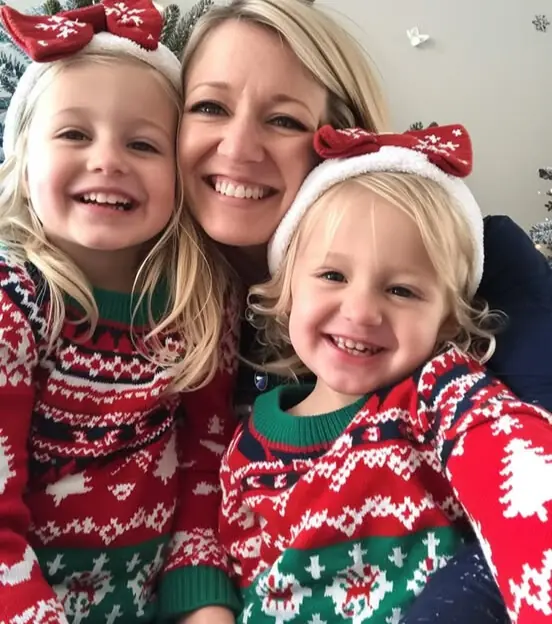
My MIL Kicked Me and My Kids Out of a Family Photoshoot Because We Weren't Wearing Matching Christmas Pajamas
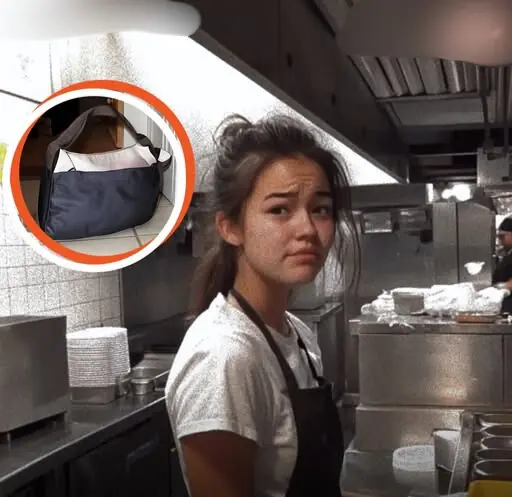
Boss Fires Young Dishwasher Suspecting Her of Theft, Apologizes in Tears After He Opens Her Bag
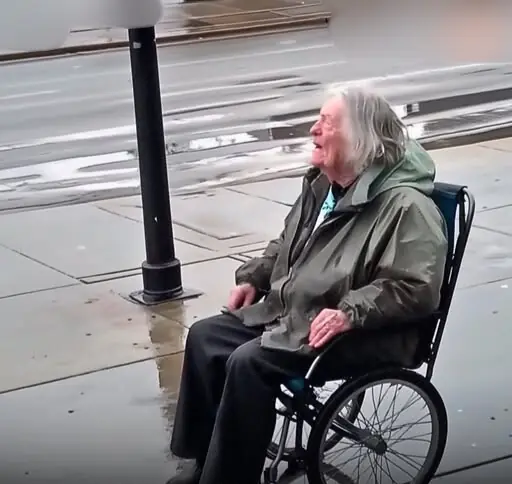
Son Leaves Mom in Wheelchair on the Street, Year Later Sees Her Coming to His House on Her Feet
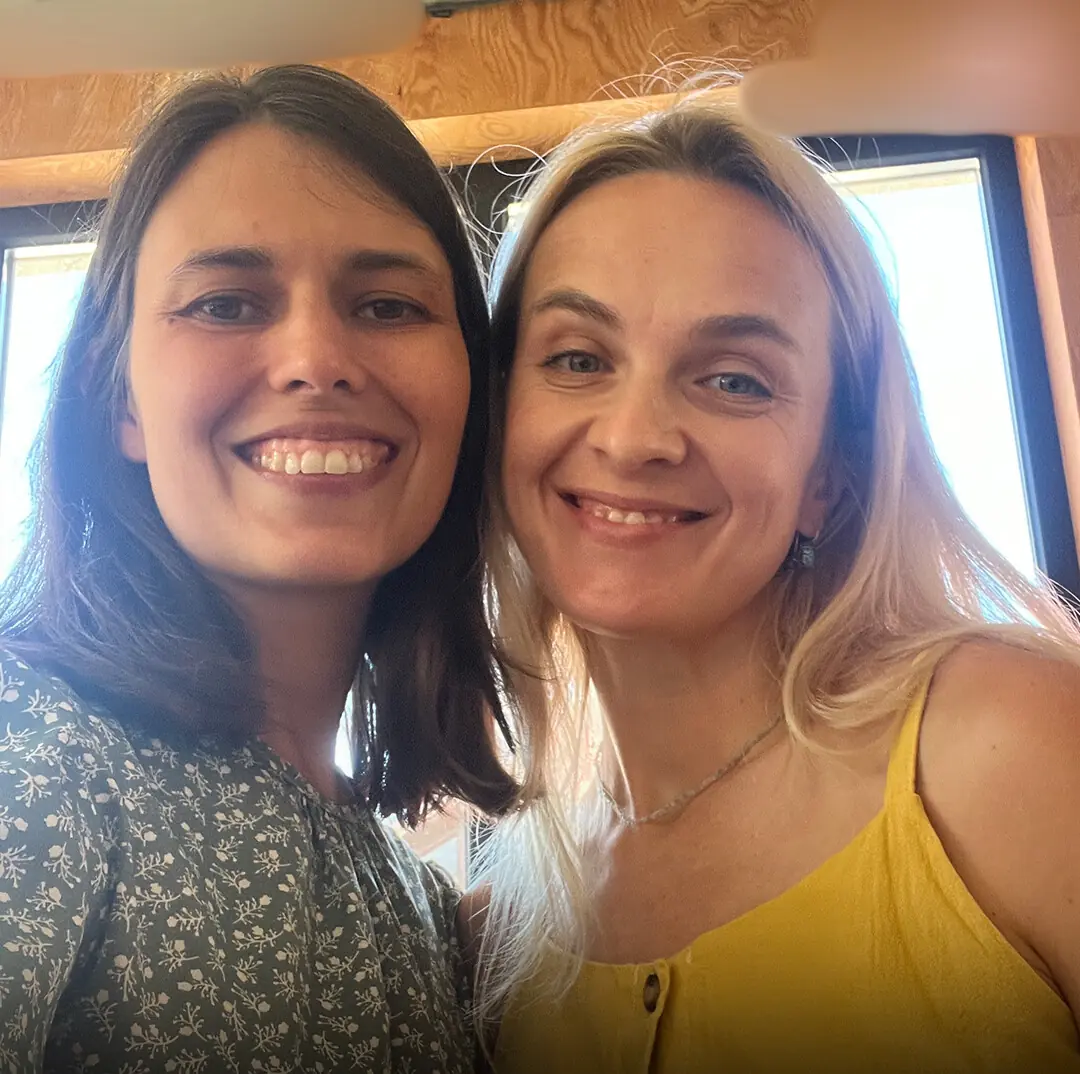
The Woman Who Wanted My Life Was Already in My House
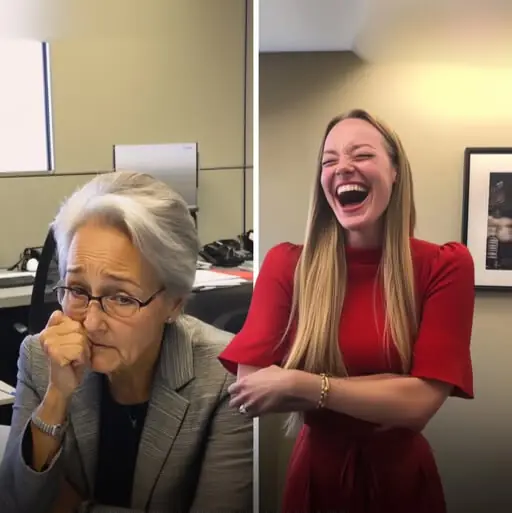
Woman Mocked Me for My Age Only to Share Dinner as My Son’s Fiancée the Very Next Day
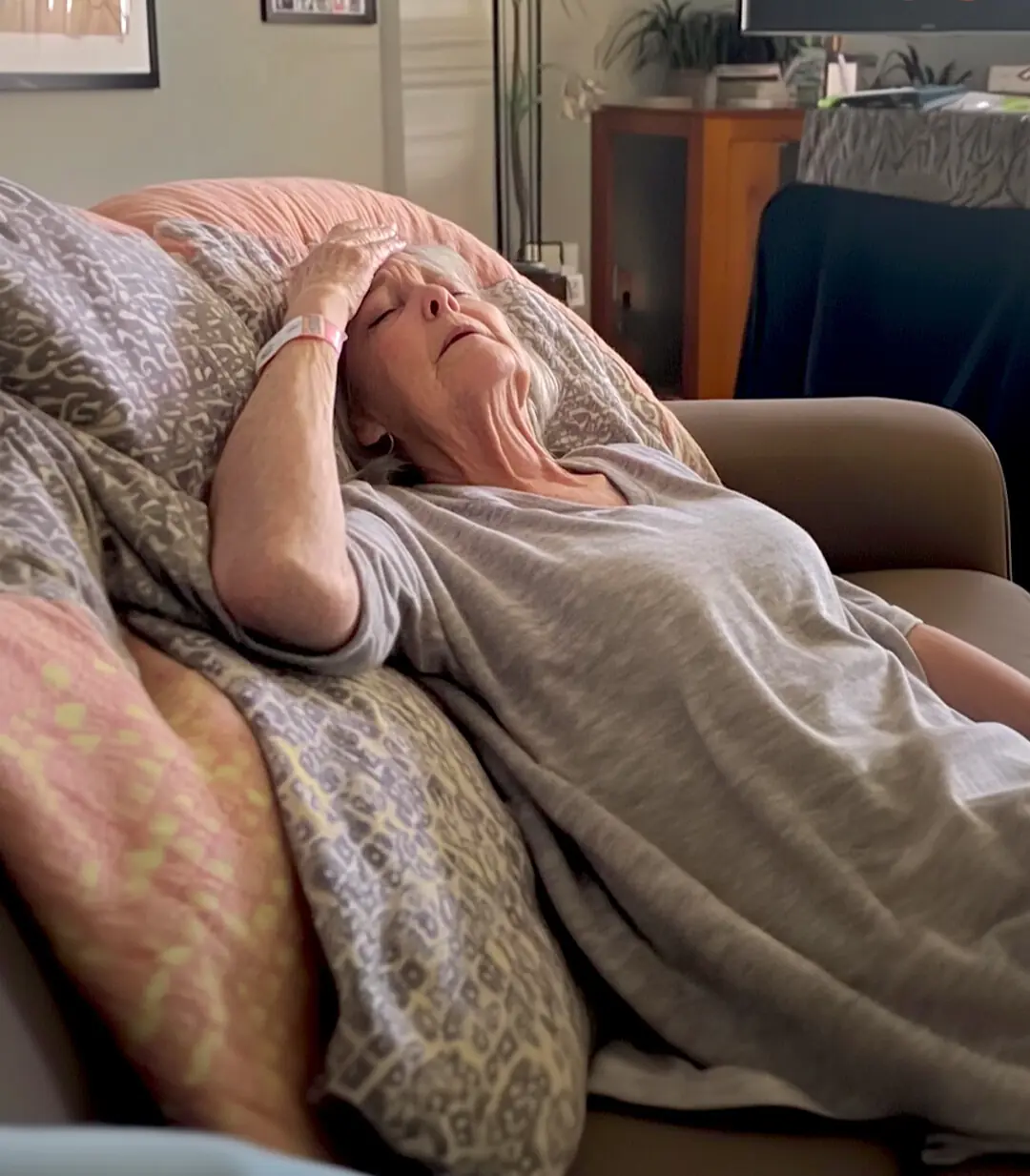
My Husband Sent Me to Care for His Sick Mother While He Went to a Resort with His Mistress, Unaware It Was All Part of My Plan

Lady Informs Fiancé's Family She Is Pregnant, 'He's Infertile!' His Mom Says

I Was Critically Ill and Begged My Husband to Come Home – He Kept Texting 'Almost There,' but Then His Coworker Told Me the Truth
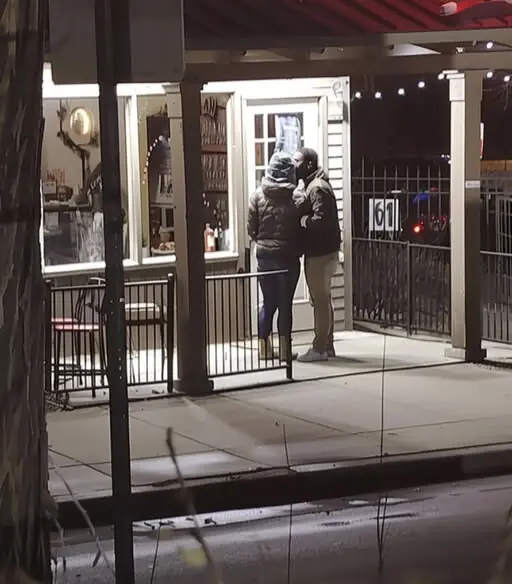
I Helped My Husband Get Back with His First Love but Didn't Know What I'd Go Through
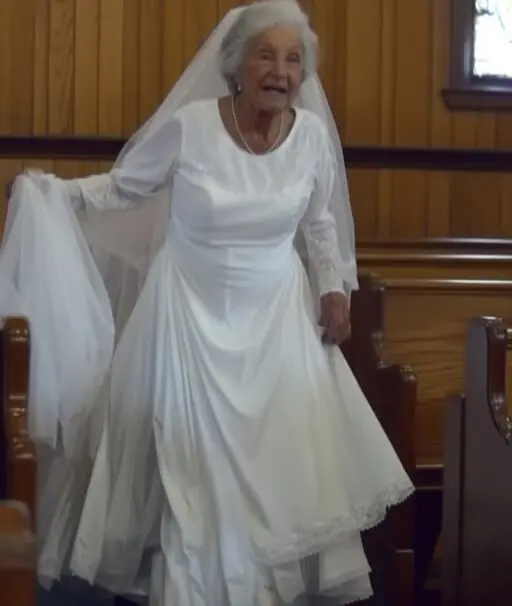
70-Year-Old Woman Showed up at My Father's Funeral in a Wedding Dress and Revealed a Story No One in Our Family Knew
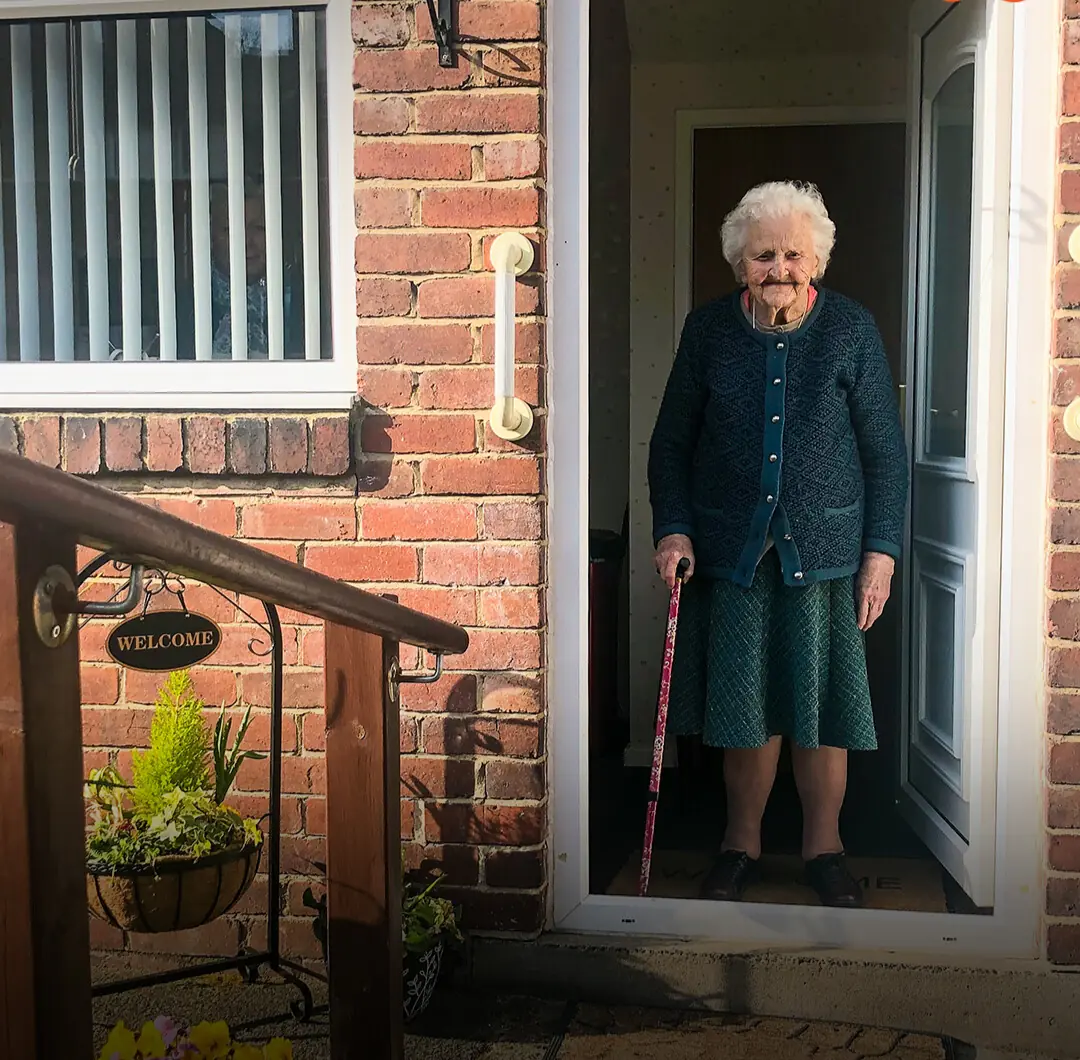
91-Year-Old Widow Entraps Thieves after They Attempt to Rob Her House
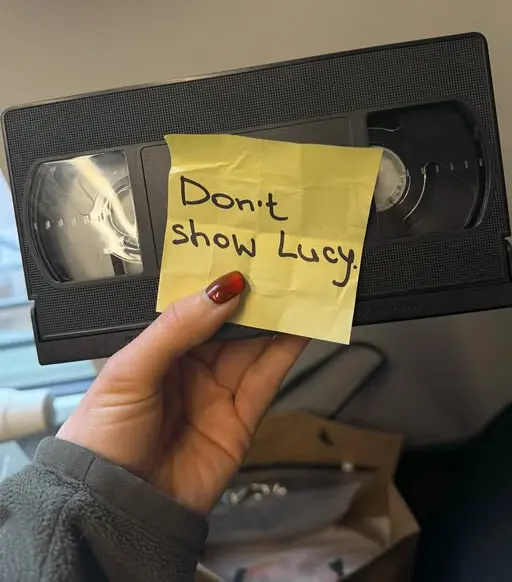
I Was Curious Why My Parents Kept an Old Videotape in the Safe until I Saw What Was on It
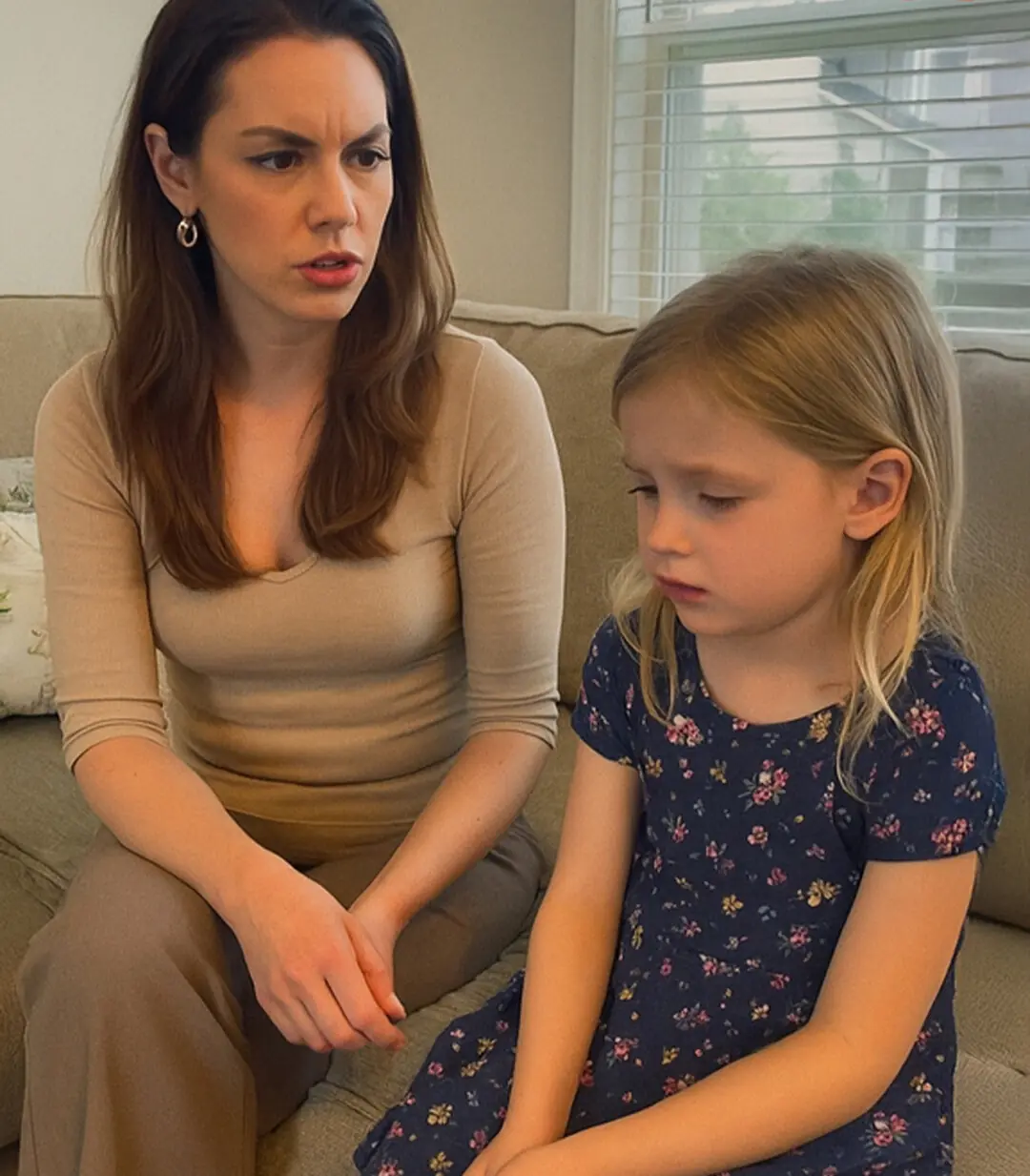
My Granddaughter's Stepmom Was Stealing the Money I Sent Her — So I Made Her Pay for Every Lie
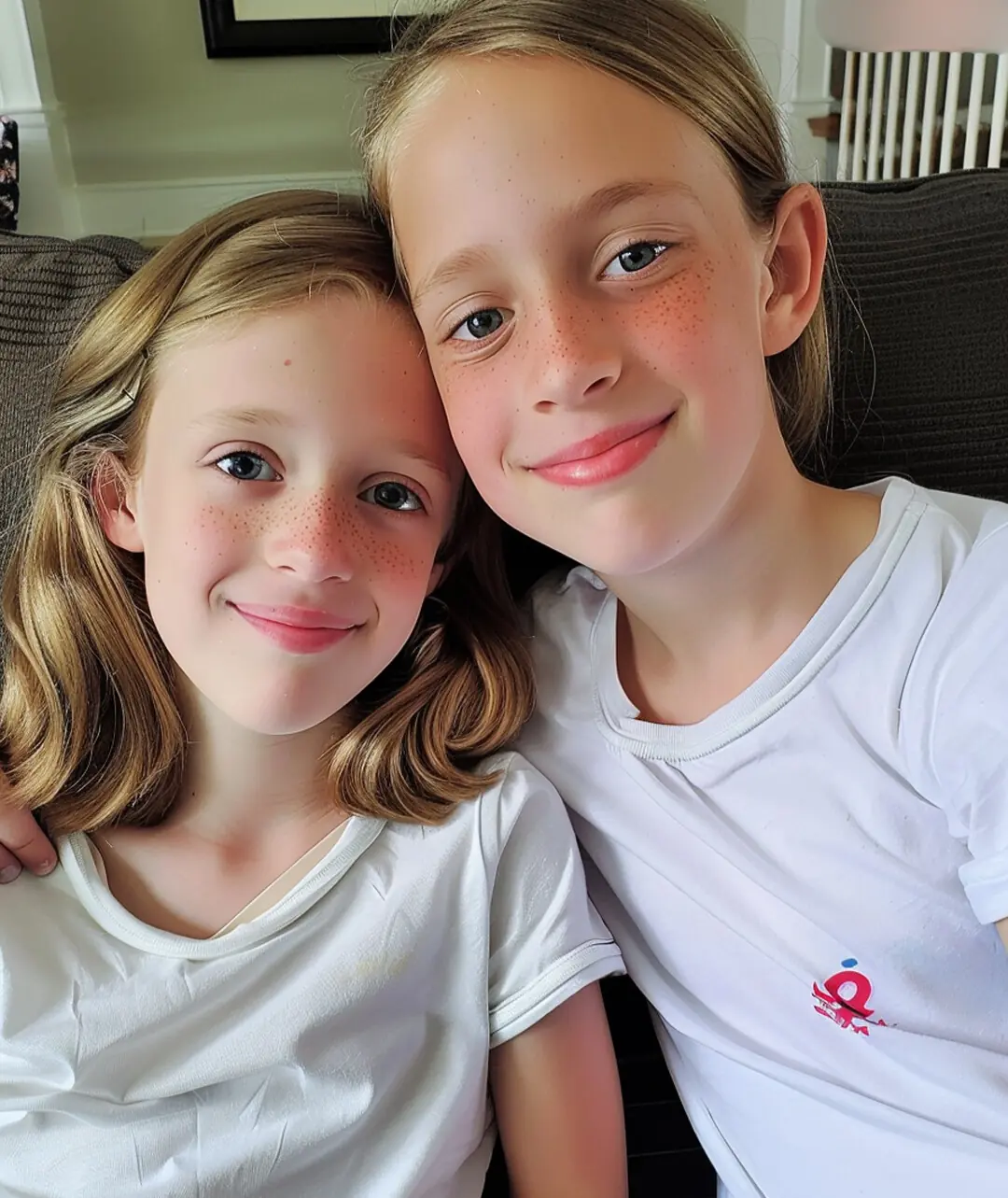
I Married a Single Mom with Two Daughters – A Week Later, the Girls Invited Me to Visit Their Dad in the Basement
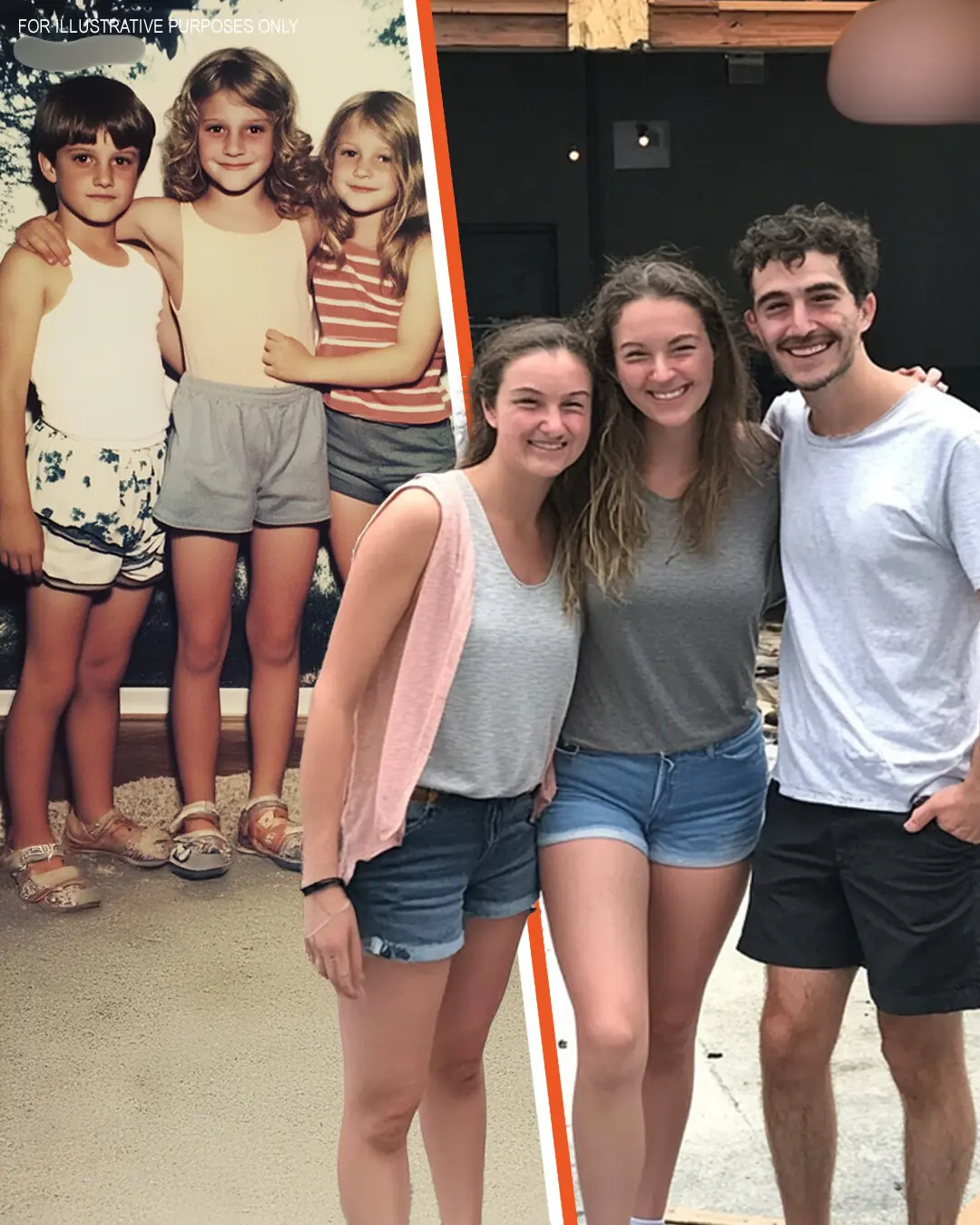
At Age 5, My Two Older Siblings and I Became Orphans but Promised Each Other to Fulfill Our Parents' Dream
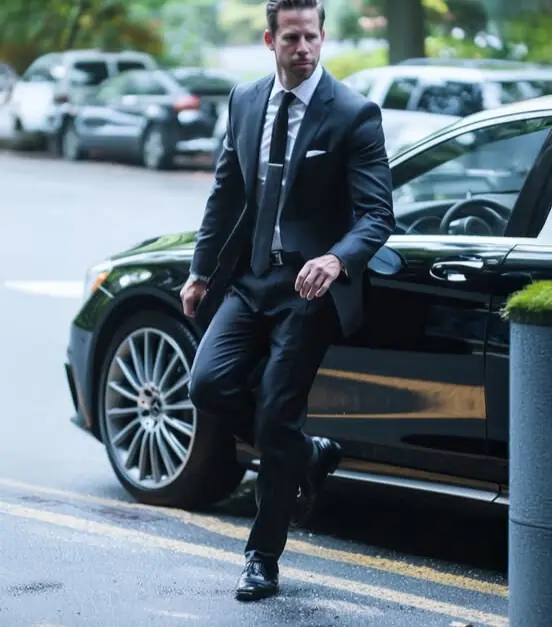
My Little Son Accidentally Uncovered My Husband's Double Life—If Only I Had Known Who He Really Was

A Military Man with Burns and Amnesia Arrived at Our Hospital—When We Called His Wife, Everything Changed
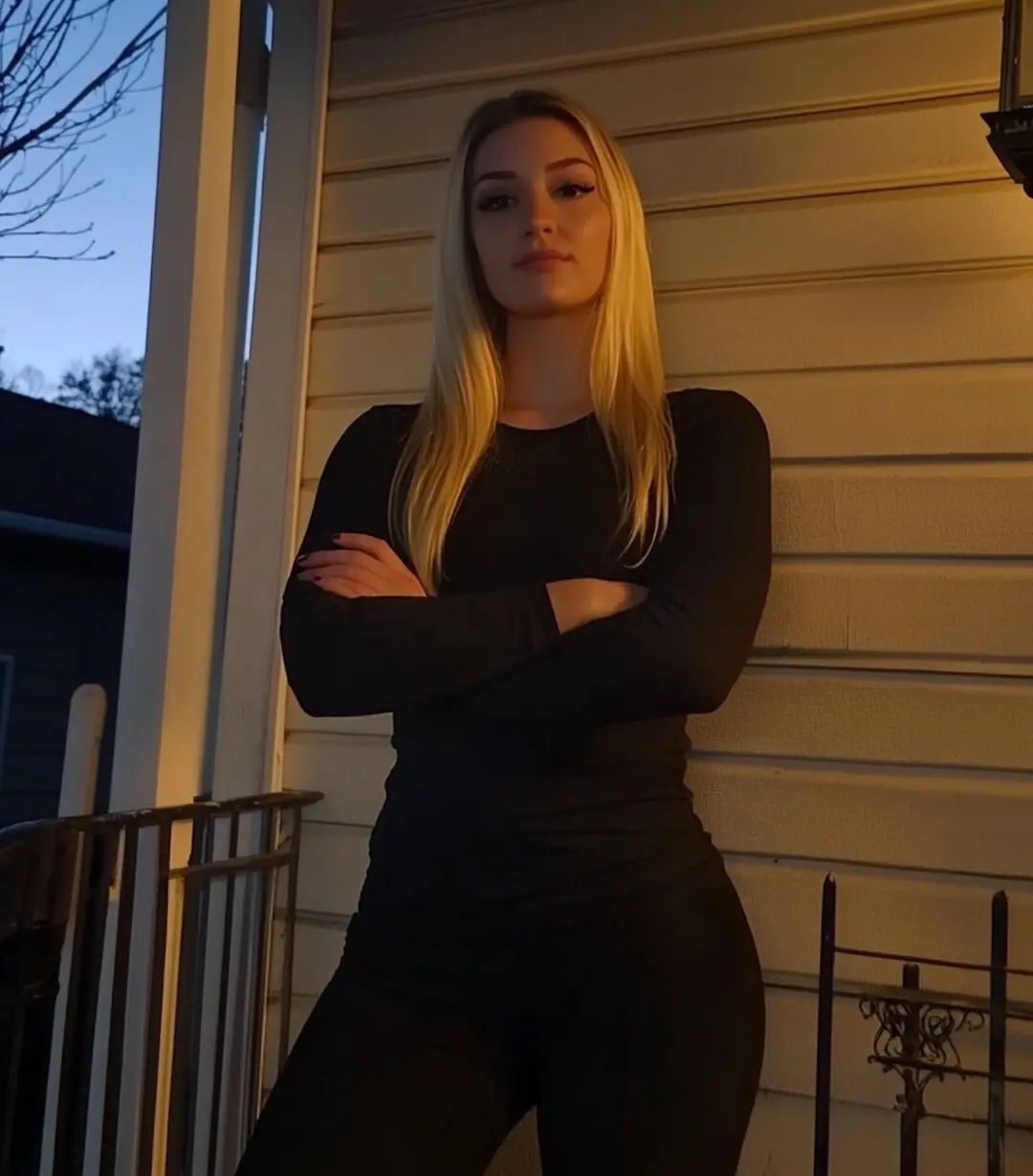
My Sister Abandoned Her Son and Vanished — Her Unexpected Return 12 Years Later Shook Our World
News Post

My Neighbor Poured Cement over My Flower Garden Because the Bees Annoyed Him—He Never Expected Payback from the 'Sweet Old Lady' Next Door

My MIL Kicked Me and My Kids Out of a Family Photoshoot Because We Weren't Wearing Matching Christmas Pajamas

1 cup of oats and 2 apples. I haven't had sugar in a year! Without sugar & flour!

Medicinal Health Benefits of Garlic (Raw, Supplement) – Science Based

Seven Types of Pain You should Never Ignore

The Best Natural Gout Treatments: Remove Uric Acid Crystallization To Prevent Gout And Joint Pain

Cancer Hospital Warning: Eating This Type of Meat Daily Can Increase Cancer Risk – Don’t Be Complacent!

8 Diseases Parents Can Pass On to Their Children: If You're Free from Them, Congratulations on a Healthy Next Generation

The Sweet Tragedy: A 36-Year-Old Teacher's Untimely Death Due to Diabetes

What Happens to Your Body When You Eat Pumpkin Seeds Every Day? – Amazing Pumpkin Seeds Benefits

Do You Know the Secret to Unstoppable Radiant Skin with Coffee and Vinegar?

Easy and Delicious Appetizer in Minutes: Perfect for Any Occasion! 🍴✨

Unrolled Egg Roll Stir Fry

Cranberry Feta Pinwheels

Boss Fires Young Dishwasher Suspecting Her of Theft, Apologizes in Tears After He Opens Her Bag

Son Leaves Mom in Wheelchair on the Street, Year Later Sees Her Coming to His House on Her Feet

The Woman Who Wanted My Life Was Already in My House

Woman Mocked Me for My Age Only to Share Dinner as My Son’s Fiancée the Very Next Day
